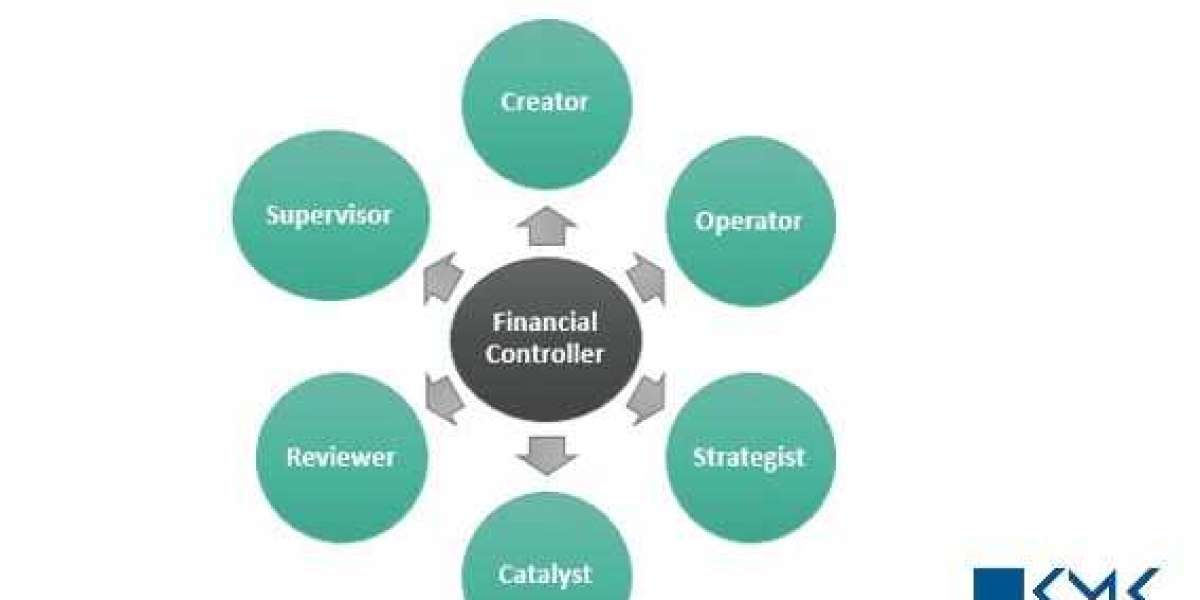In today’s fast-changing business environment, financial leadership plays a bigger role than ever before. Companies are not only seeking accuracy in reporting but also actionable insights that drive long-term growth. This brings us to a key question many American businesses ask in 2025: when it comes to strategy, who leads the charge—controller or accounting manager?
If you’ve ever wondered about the difference between these roles and how each contributes to financial success, you’re not alone. Let’s break down controller vs accounting manager responsibilities, and explore who is shaping business strategy in 2025.
Understanding the Accounting Manager’s Role
An accounting manager is often seen as the backbone of daily accounting operations. Their focus lies in:
Managing accounts payable and receivable
Overseeing month-end and year-end closes
Reconciling accounts and financial statements
Supervising junior accountants
Ensuring compliance with internal policies
Essentially, accounting managers ensure the books are accurate and deadlines are met. They create the financial foundation that enables deeper analysis. Without them, the controller wouldn’t have reliable data to make informed decisions.
The Controller’s Strategic Position
A controller, on the other hand, goes beyond daily operations. Their responsibilities typically include:
Designing and monitoring internal financial controls
Preparing advanced financial reports for executives
Supporting audits and regulatory compliance
Managing budgeting and forecasting processes
Advising on cost management and profitability
Controllers connect the dots between accounting operations and executive decision-making. In 2025, they increasingly rely on automation and analytics tools to provide CFOs and CEOs with real-time financial insights.
Controller vs Accounting Manager: What’s the Difference?
At first glance, these two roles may appear to overlap, but their scopes differ significantly:
Focus: Accounting managers handle operational accuracy, while controllers focus on strategic oversight.
Time Horizon: Accounting managers deal with today’s numbers; controllers anticipate tomorrow’s impact.
Leadership: Accounting managers supervise accountants; controllers guide cross-departmental financial strategy.
This distinction is why the controller vs accounting manager discussion is so relevant for businesses shaping their financial teams in 2025.
How Each Role Contributes to Financial Strategy
While controllers are more commonly associated with strategy, accounting managers still play a vital role. Let’s look at how both contribute:
Data Integrity – Accounting managers ensure clean, accurate data. Without this, strategy falls apart.
Cost Efficiency – Controllers analyze spending patterns and recommend cost optimizations.
Forecasting – Controllers rely on accounting managers’ reports to build reliable forecasts.
Compliance Risk Management – Both roles contribute to ensuring audits, tax filings, and reporting are accurate.
Technology Integration – Accounting managers adopt automation tools, while controllers drive digital transformation initiatives.
Together, they create a powerful system that drives financial stability and growth.
Which Role Is More Important in 2025?
The reality is that businesses need both. But the weight of strategic influence leans more toward the controller. Why? Because controllers translate raw accounting data into financial strategies that impact hiring decisions, investment priorities, and expansion plans.
However, the accounting manager’s role has also evolved. In 2025, many managers are leveraging automation and AI-powered platforms to reduce manual work and provide real-time reporting. This shift means they now contribute indirectly to strategic decision-making, even if they are not leading it.
AEO-Friendly Questions Leaders Ask Today
Should my business prioritize hiring a controller or an accounting manager first?
How do these roles interact in a growing company?
Can an accounting manager step into a controller role with the right training?
Which role is more critical for long-term financial strategy?
How does automation impact controller vs accounting manager responsibilities in 2025?
Answering these questions helps leaders align talent strategy with business goals.
Technology’s Role in Reshaping Both Positions
Digital finance tools like cloud accounting, AI-driven analytics, and automated workflows have transformed both roles:
For accounting managers: Automation reduces repetitive tasks like reconciliations, freeing them to analyze variances and trends.
For controllers: Real-time dashboards and predictive models enhance their ability to advise executives on financial strategy.
This means businesses in 2025 must hire professionals who are not only technically skilled but also tech-savvy.
When Does a Business Need Both Roles?
Smaller businesses may start with just an accounting manager to handle daily operations. As the business grows, financial complexity increases—requiring a controller to guide strategic planning.
For mid-size and large enterprises, both roles are essential:
The accounting manager maintains reporting accuracy.
The controller ensures strategy is aligned with financial data.
This balance provides businesses with the tools to scale efficiently.
Final Thoughts
In the controller vs accounting manager debate, the real answer is not about competition but collaboration. The accounting manager ensures financial integrity, while the controller leverages that data to drive strategic business decisions.
In 2025, companies that clearly define these roles—and encourage collaboration—will gain the edge in financial planning and execution. The controller may steer strategy, but the accounting manager keeps the engine running smoothly. Together, they form the financial backbone of successful American businesses.
If you’re trying to decide which role your business needs most right now, explore the detailed guide here: controller vs accounting manager.



